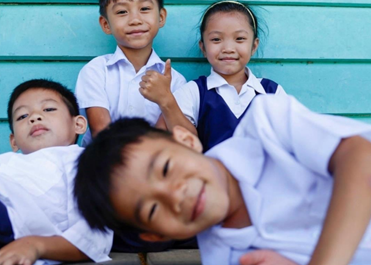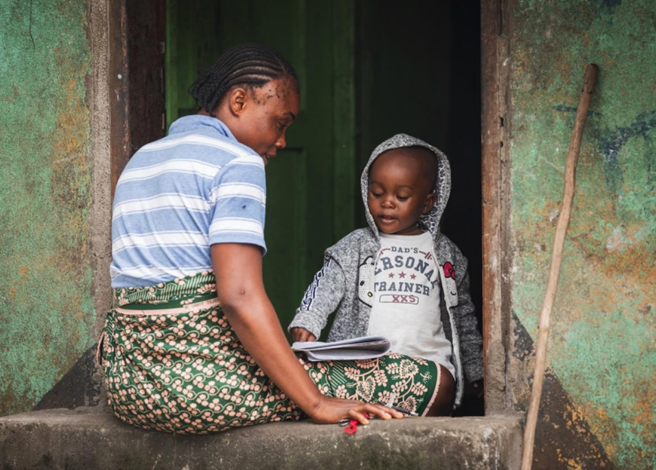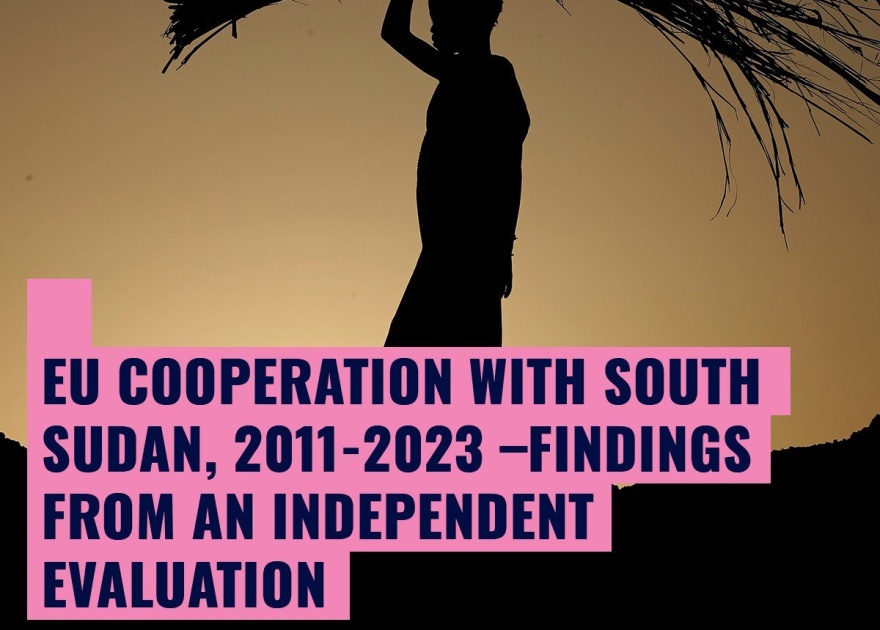Landell Mills publishes evaluation of DG ECHO’s humanitarian response to epidemics, and its partnership with the WHO, 2017-2021
Landell Mills is delighted to announce the publication of its evaluation of the Directorate-General for European Civil Protection and Humanitarian Aid Operations’ (DG ECHO) humanitarian response to epidemics, and its wider partnership with the World Health Organization (WHO), between 2017 and 2021. This evaluation was funded by the European Commission (EC).
With an increased frequency and scale of epidemics, natural disasters, and conflicts, humanitarian health needs have been brought to the forefront of the global agenda. Communicable diseases such as COVID-19, Ebola, and Cholera have drastically impacted local, regional, and global communities, with the world’s most vulnerable populations hit hardest of all.
Recognising the necessity to bring clarity to its existing activities in this space, DG ECHO enlisted the services of Landell Mills to help contextualise their response to epidemics and to provide an analysis of how to strategically strengthen its position for future responses. Another critical component of this analysis was to provide a retrospective assessment of DG ECHO’s partnership with WHO globally, with a focus on identifying lessons learned and good practices.
This combined evaluation was undertaken between January and December 2022 by an evaluation team consisting of humanitarian and health specialists. The evaluation team provided a comprehensive mixed methods analysis of DG ECHO’s epidemics-related interventions, and assessed its partnership with WHO; resulting in findings, conclusions, and recommendations that should lead to improved outcomes for DG ECHO, its implementing partners, and those who benefit directly from DG ECHO-funded interventions.
The team conducted an in-depth analysis in five countries, with field visits to the Democratic Republic of Congo and Venezuela, and remote data collection in Syria, Afghanistan, and South Sudan. Consultations were also conducted with stakeholders in WHO’s headquarters in Geneva.
Some key findings of the evaluation are listed below:
On DG ECHO’s humanitarian response to epidemics:
- DG ECHO supported relevant and effective interventions that contributed to controlling disease outbreaks. Its strong field presence served as a platform from which to make appropriate funding decisions, and support humanitarian coordination and advocacy in epidemics.
- Initiatives to deploy civil protection assets in epidemic response show promise, but are currently underdeveloped.
- Specific policies on epidemics were lacking, and there were gaps between stated humanitarian policies and field-level practice.
On DG ECHO’s partnership with WHO:
- The DG ECHO-WHO partnership lacked a clear documented vision, and DG ECHO lacked a nucleus of health policy experts to guide strategy.
- Opportunities to work across the humanitarian-development nexus exist, but these are hampered by the lack of a common vision between the two entities to guide collaboration.
For more information on this evaluation, please see the Final Evaluation Report and direct any enquiries to Landell Mills’ Project Manager for this evaluation, Pascal O’Neill, at pascalo@landell-mills.com.


